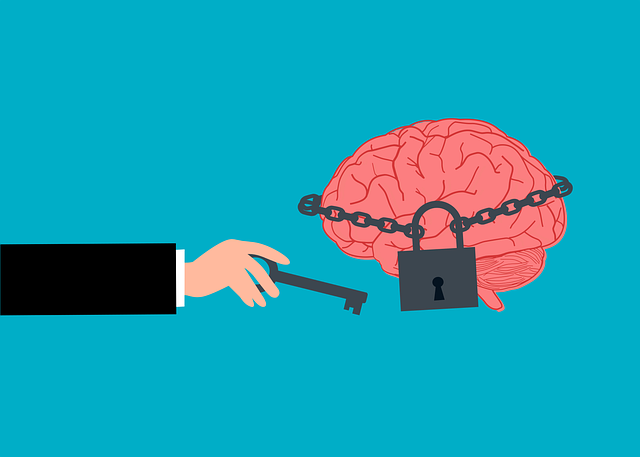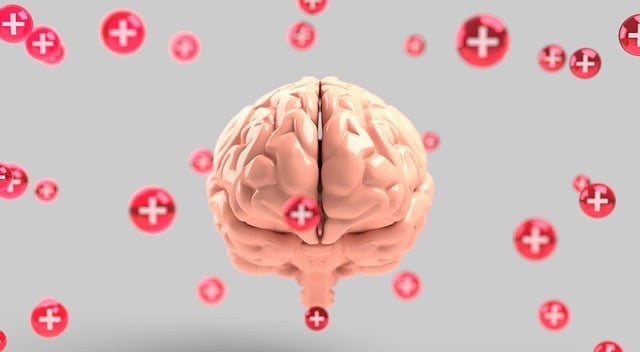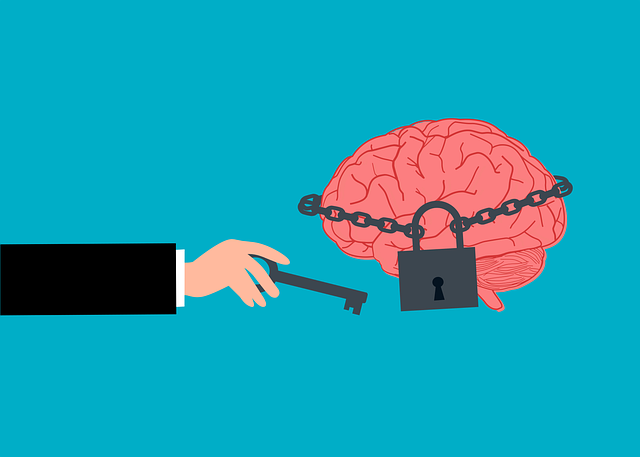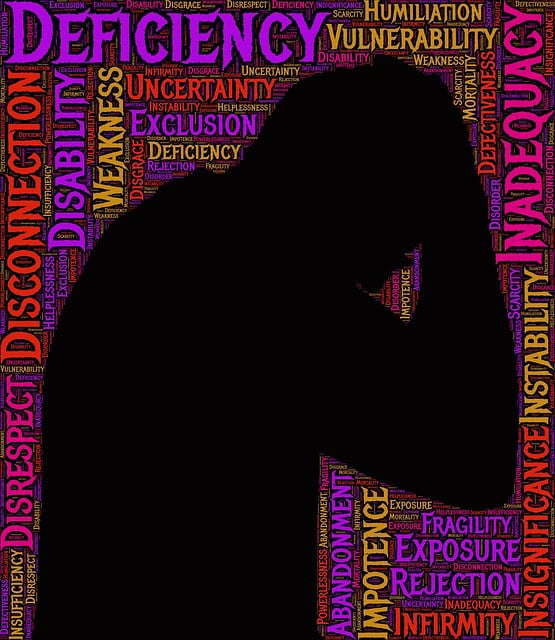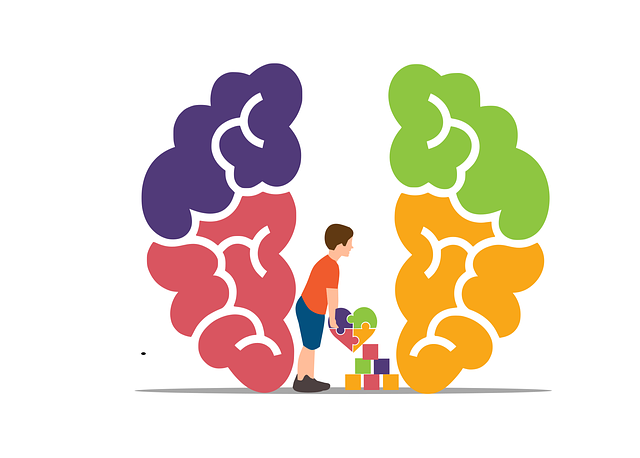Lakewood Abuse Survivors Therapy (LAST) equips trauma survivors with crucial emotion regulation techniques for navigating complex emotional responses. Through crisis intervention, mindfulness practices, cognitive reframing, and self-care strategies, LAST helps individuals manage intense emotions, transform negative thought patterns, improve self-esteem, and regain control over their lives. The holistic approach combines positive thinking exercises, 'Mind Over Matter' principles, public awareness campaigns, and advocacy for Mental Health Policy Analysis to build emotional resilience and foster a supportive environment.
Emotion regulation techniques are crucial tools for Lakewood Abuse Survivors, offering a path towards healing and empowerment. This article delves into effective strategies tailored specifically for navigating the complexities of emotional control post-trauma. We explore evidence-based methods, from understanding emotional responses to implementing powerful self-care practices. By mastering these techniques, individuals can reclaim their lives, fostering resilience and inner peace. Discover how Lakewood Abuse Survivors Therapy can revolutionize healing journeys, enabling folks to thrive despite past challenges.
- Understanding Emotion Regulation for Lakewood Abuse Survivors
- Effective Techniques to Master Emotional Control
- Implementing Self-Care Strategies in the Healing Process
Understanding Emotion Regulation for Lakewood Abuse Survivors

For Lakewood Abuse Survivors, understanding and regulating emotions is a critical component of their therapeutic journey. Trauma often leads to complex emotional responses that can be overwhelming and difficult to manage. Learning emotion regulation techniques through therapy offers a powerful tool for healing and personal growth. This process involves recognizing and acknowledging feelings, developing healthy coping strategies, and fostering resilience in the face of distressing emotions.
Lakewood Abuse Survivors Therapy often incorporates crisis intervention guidance to help individuals navigate intense emotional states safely. By focusing on mood management and self-esteem improvement, survivors can learn to transform negative thought patterns and behaviors associated with trauma. Through these techniques, they gain a deeper understanding of their emotions, enabling them to make positive changes and rebuild a sense of control over their lives.
Effective Techniques to Master Emotional Control

Emotion regulation techniques are crucial tools for individuals, especially those who have experienced trauma or struggle with mental health issues, as demonstrated by Lakewood Abuse Survivors Therapy (LAST). Effective strategies include mindfulness practices that encourage staying present and observing emotions without judgment. This helps individuals detach from intense feelings, fostering a sense of calm. Cognitive reframing is another powerful technique, where one challenges negative thought patterns and replaces them with more positive, realistic perspectives.
The development of public awareness campaigns around emotional well-being can further enhance these practices. By promoting understanding and discussing mental health openly, communities can reduce stigma. Positive thinking exercises, combined with the Mind Over Matter principles, empower individuals to take control of their emotions. These techniques, when incorporated into daily routines, offer sustainable solutions for managing stress and improving overall emotional resilience.
Implementing Self-Care Strategies in the Healing Process

Implementing self-care strategies is a vital component of the healing process for Lakewood Abuse Survivors Therapy (LAST) clients. Beyond traditional therapy sessions, encouraging patients to prioritize self-care empowers them to take control of their emotional well-being and navigate life’s challenges more effectively. Simple yet powerful acts like regular exercise, mindfulness practices, and maintaining a balanced diet contribute significantly to managing trauma-related symptoms and fostering resilience.
Integrating self-care into the therapeutic journey supports LAST’s holistic approach, which extends beyond individual treatment. By promoting public awareness campaigns and advocating for Mental Health Policy Analysis and Advocacy, LAST recognizes the broader societal impact on healing. Empathy Building Strategies play a crucial role in this process, as understanding and compassion from peers and the community can significantly enhance a survivor’s recovery, ultimately strengthening their emotional regulation capabilities.
For Lakewood abuse survivors, mastering emotion regulation techniques is a powerful tool for healing. By understanding their emotions and implementing effective strategies, individuals can gain control over their reactions and work towards a brighter future. Self-care plays a pivotal role in this process, allowing survivors to nurture themselves and enhance their overall well-being. With dedication and the right tools, Lakewood abuse survivors can thrive and rebuild their lives, finding peace and emotional resilience.



